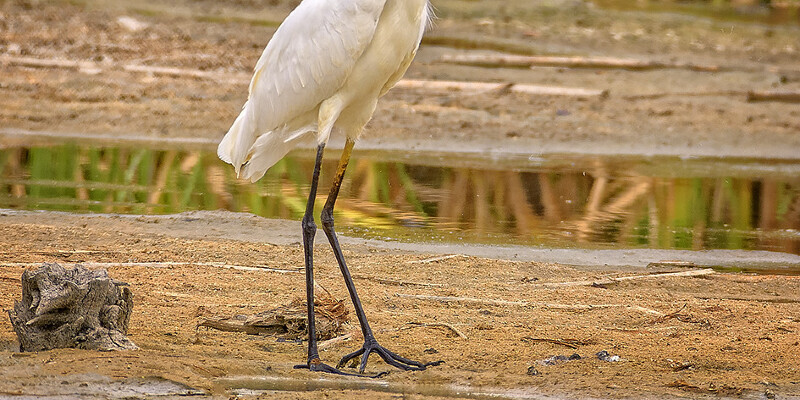Soil Requirements for Indoor Lemon Trees

Lemon trees (Citrus limon) grow well in pots, especially in sunny and warm rooms indoors. Since the trees sustain damage when temperatures fall to 29 degrees Fahrenheit or lower, gardeners in U.S. Department of Agriculture plant hardiness zones 9b or lower should consider growing lemons indoors rather than outside. Growers should be certain that you maintain enough dirt nutrients for indoor lemon trees, because potted trees have access to a limited amount of dirt.
Choosing a Soil
Contra Costa Master Gardener Liz Rottger advises against using garden soil for potted citrus trees, since garden soil will get too compacted and drain poorly. A commercial potting mix with great drainage is a better choice. The ideal soil pH for lemon trees is between 5.5 and 6.5. You can add lime to raise the soil pH or sulfur to lower it if you’ve got a mixture that is too acidic or basic.
Making a Potting Mixture
To produce your very own well-drained potting mixture for fruit trees, then you can mix equal parts peat, sand and perlite or bark. When the lemon tree outgrows its pot every three to four years, it’s ideal to use a fresh stack of potting mixture to replace the outdated medium. You can either transfer the tree to a larger pot or prune the roots and repot it in precisely the same pot with new potting medium. A plastic, metal or glass pot helps the soil retain moisture better than a ceramic or wooden pot, because ceramic and wood allow more evaporation.
Ensuring Soil Drainage When Planting
Picking a pot with plenty of drainage holes in the bottom prevents excessive water in smothering tree roots. To further ensure decent drainage, gardeners can put a inch or two of gravel in the pot under the potting mixture or dirt. It is also a good idea to put a layer of gravel in almost any tray the tree pot sits on to prevent the roots from sitting in water. A layer of display in the exact bottom of this pot will help contain the dirt and gravel if the pot has big drainage holes. Adding some compost into the soil or potting mixture before planting will provide the dirt more nutrients and assist with drainage and moisture retention.
Nutrient Requirements
Although lemon trees may endure somewhat bad soils, they grow best in rich soils. They ought to receive fertilizer during their spring and summer growing season, but not during their dormant times in autumn and winter. Begin fertilizing in March each year and stop by September. A slow-release citrus fertilizer works well for potted lemon trees. Fertilizers of different strengths will require different program amounts; apply the fertilizer in the quantities recommended by the manufacturer. If the orange tree leaf includes a rich green color, it’s likely receiving enough fertilizer. Yellowing leaves are a sign of iron deficiency and overwatering.